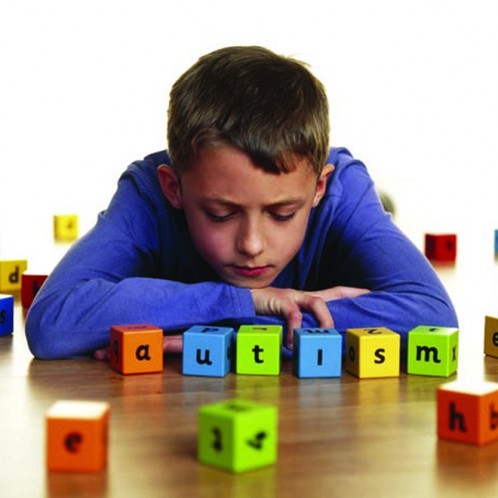Autism is a congenital disorder, but at birth, there are no physical indicators that can be listed as autism symptoms. As a result, it isn’t until the age of 16 months to 3 years that parents usually begin to realize there is something amiss with their child.
The manner in which autism manifests itself varies from child to child. Nevertheless, there are some common symptoms or signs that can act as red flags and alert parents and caregivers to seek help.

Autism Symptoms – Common Signs Seen In An Autistic Child
When looking for early warning signs that could be autism symptoms, it may be difficult to notice any at all, since parents are paying attention to abnormal behavior of any kind and not the absence of normal behavior.
Often, when parents do notice the absence of certain behaviors, they pass it off as nothing unusual. As a result, it becomes quite difficult to detect autism before the child turns 2. It isn’t until their child enter preschool that parents feel the need to seek professional help, when teachers and other caregivers point out certain concerns about their child’s behavior.
Here are some signs that may indicate autism in a child and require further evaluation by a trained medical professional.
Language Indicators
- Does not babble or indulge in baby talk by the age of 1
- Does not learn to speak by 16 months or use two-word phrases by 2 years of age
- Progressively loses linguistic skills with age, despite having learnt to speak at the same time as other children
Social Indicators
- Shows no eye contact, even while being fed
- Does not smile, even when smiled at
- Displays a lack of social responsiveness, such as not waving back
- Loses previously acquired social skills such as waving goodbye or saying hello
- Feels uncomfortable upon being held and prefers not to come into close contact with anyone
Behavioral Indicators
- Seems to enjoy repetitively lining up objects such as toys
- Does not like to play certain games such as peekaboo
- Displays characteristic rocking or flapping of hands
- Does not response to his name, even when a familiar person calls him
- Does not imitate caregiver’s movements or facial expressions
- Does not use gestures for pointing at or showing something

An infant’s brain displays remarkable plasticity and with intensive treatments, it is possible to rewire some of the brain’s connections. This means there is still a glimmer of hope for parents whose children are diagnosed with autism in infancy and they can expect a positive outcome.
If a child is diagnosed with autism past infancy, it becomes increasingly difficult to treat him. In any case, it is best to get an early diagnosis if you notice any of the autism symptoms mentioned above or other abnormal behaviors in your child.